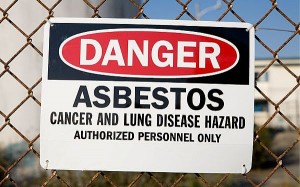Paul Dhaliwal recently commented on my post about the Tar Sands. I’d like to clarify my stance on the subject, because I felt that he misunderstood my opinion when writing his post.
My purpose was to show that although the tar sands have eco-problems, hoping that the industry will shut down is irrational- the best option available now is to work with the industry so that we can try to make it as green as possible. Seeing as paul’s final paragraph is essentially re-worded from my final statement, I am confused as to why if we have come to the same conclusion, he disagrees with my post.
Paul asserts that there is no way for the industry to be sustainable at all, and that trying to do this would be too costly. However, in my linked article there is no evidence of this. Adding cheap scrubbers to smokestacks would greatly reduce air pollution. Up to 40% of habitat could be saved by the restoring method mentioned in my post, which wouldn’t affect oil production. This is 40% that otherwise would not be saved. Steps can be taken to make the industry greener while having a negligible impact on company profits.








